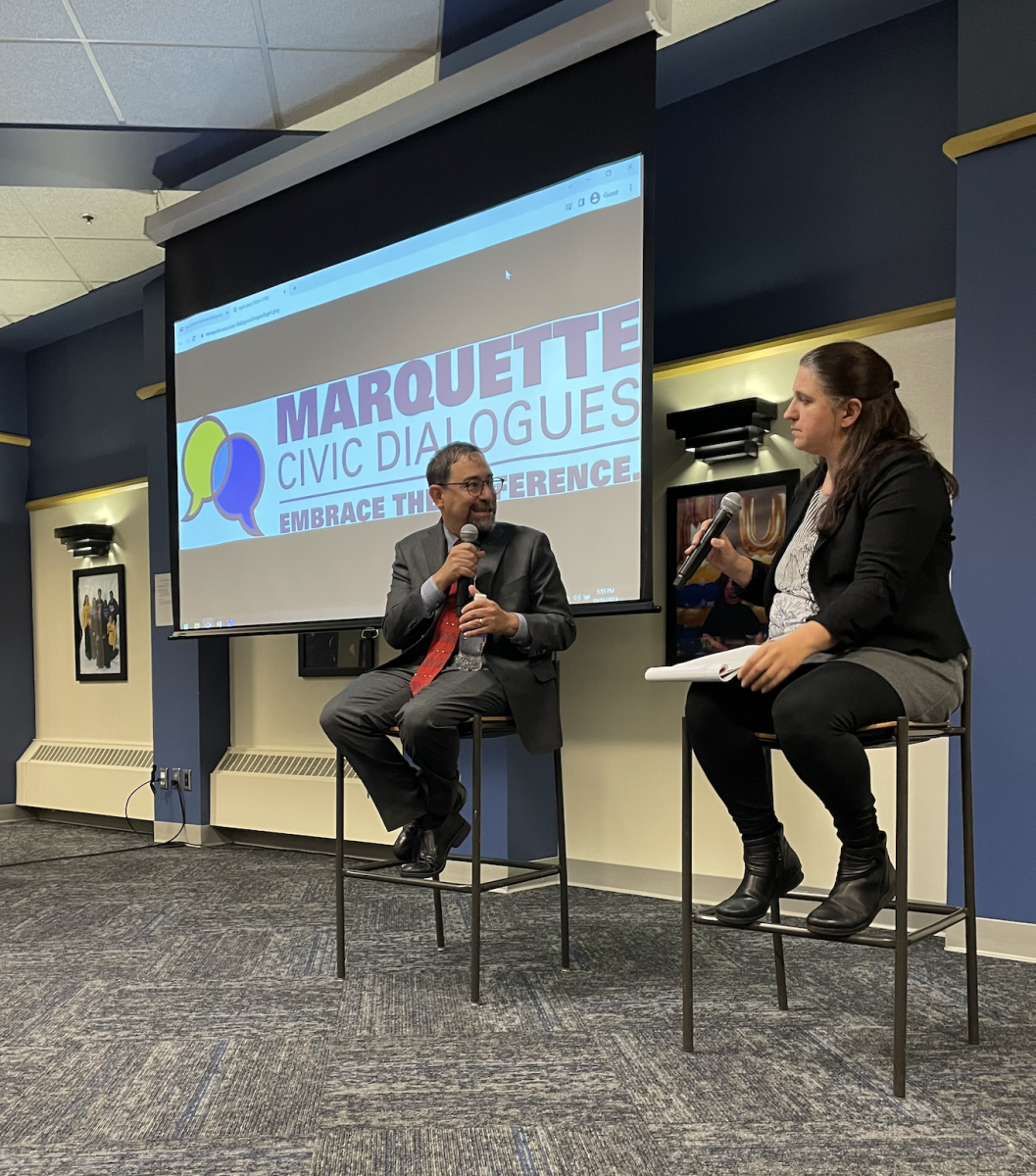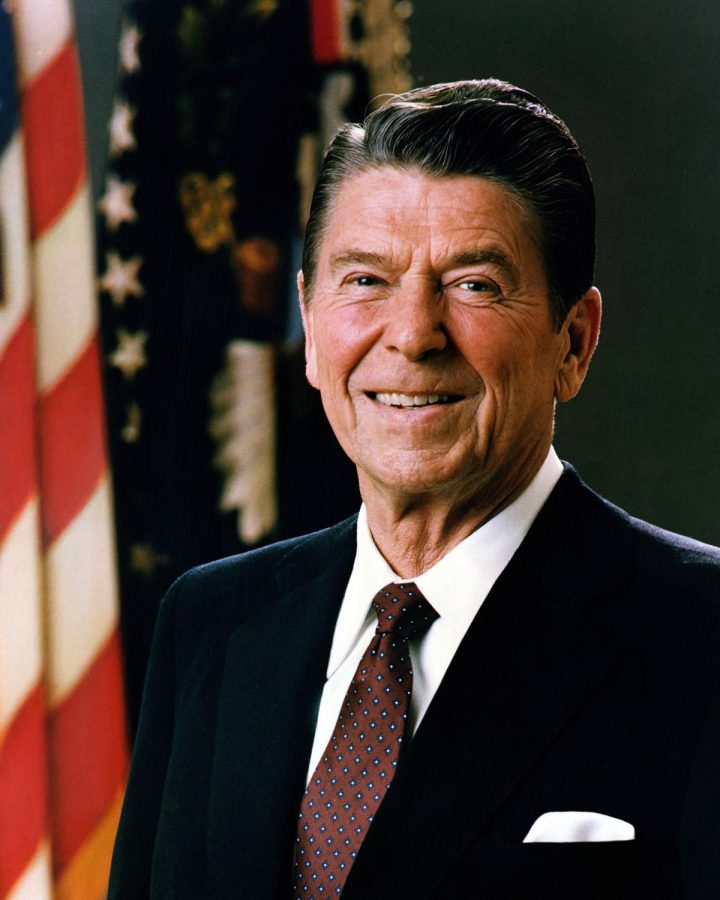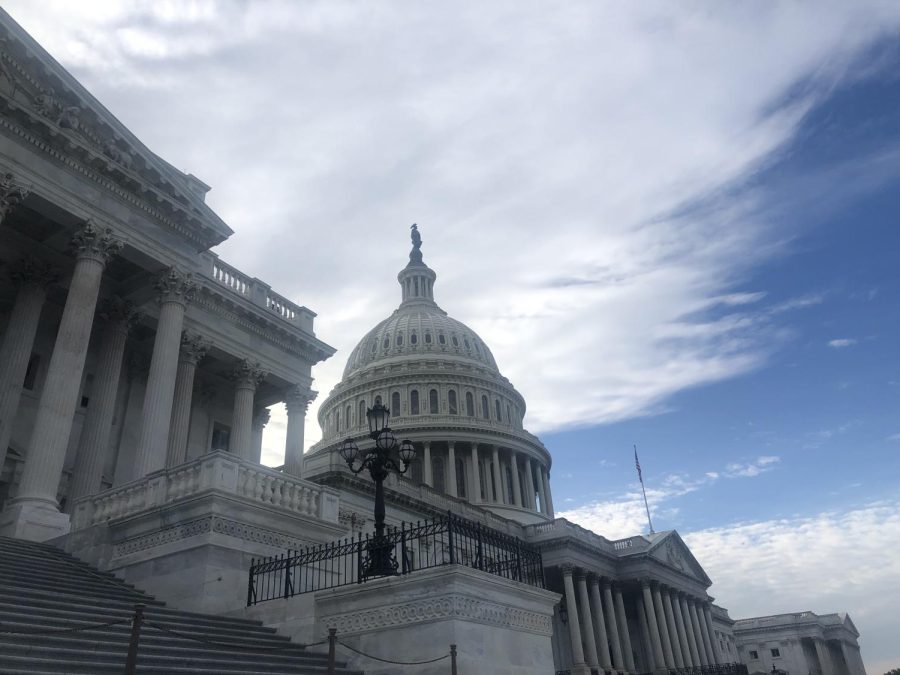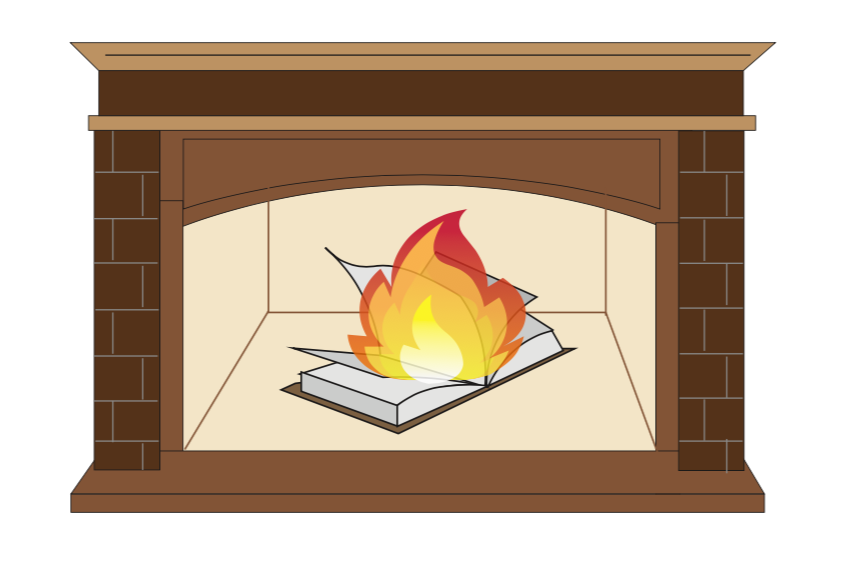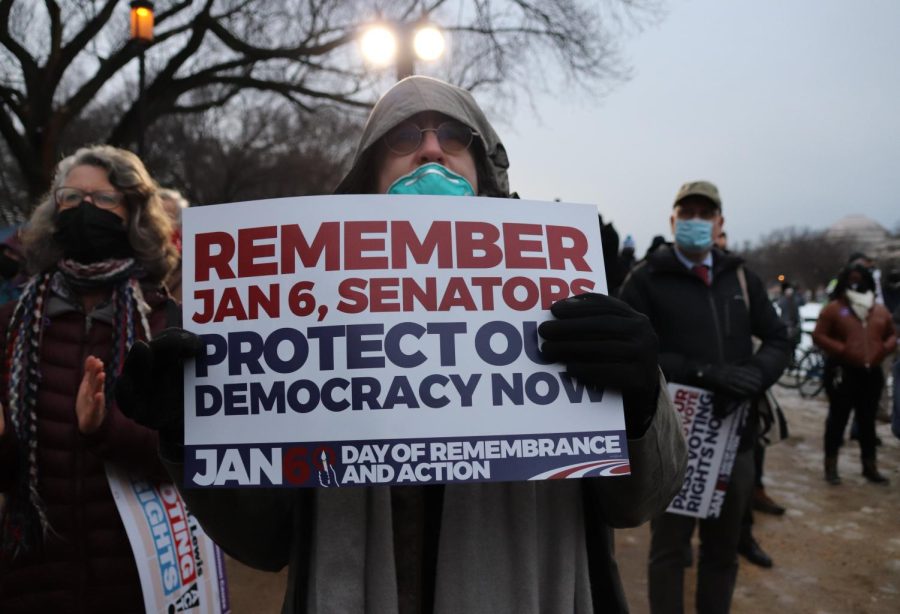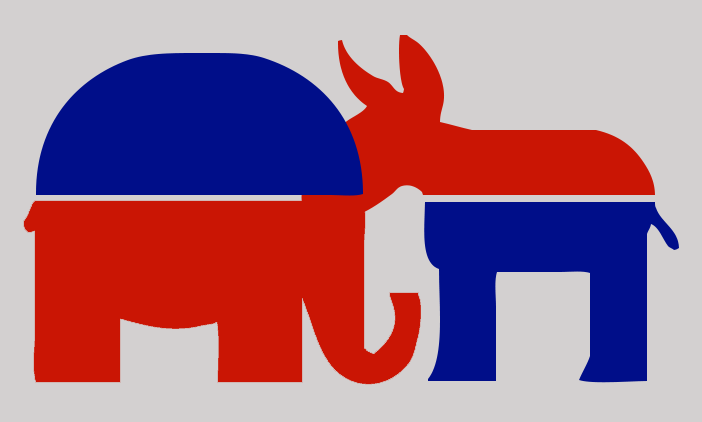Marquette Civic Dialogues hosted Rick Perlstein, New York Times bestselling author, last week to talk about his three theses on conservatism.
Perlstein is not new to Wisconsin, as he was born and raised in Milwaukee. Perlstein attended the University of Chicago for his B.A in history and received his M.A in American studies from the University of Michigan.
Perlstein, a historian and journalist from the University of Chicago, described the latest conditions of democracy as a “code red situation.”
Perlstein’s latest endeavor is a novel that covers a history of “How America Got This Way.”
How America Got This Way
Perlstein said his upcoming book title stemmed from the general understanding of why conservatism is so crucial in America’s history.
“Conservatism is crucial to the story because there was this mid-century assumption of uninterrupted process. One thing that’s a huge theme in my book is that America is much stranger and much more violent in its passions. Much more deeply divided,” Perlstein said. “In a way it’s a miracle we’ve gotten this far without us bopping each other over the head.”
As a researcher, Perlstein said recording the scariest things found in the news has helped strengthen the idea that the Republican Party is getting scarier and scarier every day.
“It’s important to attend to distinctions, but for today the distinctions distract us from a more foundational task, understanding what conservatism is, what binds right-wing traditions together beyond their surface differences and transformations, why conservatives think the way they think and act the way they act, and how in so thinking and acting have contributed to how America has gotten this way,” Perlstein said.
World’s First Conservatives
The first of Perlstein’s theses surrounds the idea of certain elders afraid of reformation, since majority of their society’s system of values were founded upon traditional and old-fashioned ways, and these elders can be defined as the “world’s first conservatives”.
Perlstein argued that all variations of societies are worse off when the world changes around [conservatives] and they refuse to adapt. Perlstein’s example was a protest against “Obamacare” in Columbus, Ohio, where protestors mocked a pro-Obamacare protestor holding a sign declaring he had Parkinson’s.
Perlstein said conservatives are against new changes that question and tarnish their beliefs. He said we are all sometimes disgusted by change, in the same way we all sometimes demand liberation from power structures, in a fundamentally human nature.
Mary Douglas, late anthropologist, wrote “Purity and Danger,” a book that goes into what a society can deem to be clean and what is dirty.
Douglas believes that disorder, or things being out of their proper place, is what constitutes “dirt.”
Perlstein expands on this idea by suggesting that everyone naturally reacts with emotions like fear or disgust when they encounter disorder.
“Douglas defines dirt as that which offends against order, as matter out of place… Disgust is a touchstone conservative emotion.”
However, he advances that conservatives might have a unique relationship with this emotion. For them, the act of rectifying disorder and the emotion of disgust could be central to their identity.
Principle of the Dog & the Mutton
The second thesis of conservatism according to Perlstein is defined by the metaphor of a dog eating some mutton, or goat meat. Perlstein said conservative fears are interchangeable.
“Why can a conservative never admit they were wrong about reform that was supposed to end up ending civilization but didn’t? Why do they blindly go on to the next moral panic?” Perlstein said.
Perlstein said George Orwell wrote that throughout the Christian ages, the Western world has been haunted by the idea of freedom and equality.
“It is only an idea that is perpetrated to all ranks of society. The way conservatives claim possession of a reform, but only once it has gained universal acceptance, is a lot like that dog caught with his mutton,” Perlstein said. “That sense of guilt, that is displayed every time a conservative closed himself in language derived from movements aimed at expanding the circle of humanity.”
Authoritarian Ratchet
Perlstein’s third thesis is the soul of why conservatives become more and more “extreme”, starting with William F. Buckley.
Buckley was a conservative writer who founded the National Review, which stimulated the popularity of conservative viewpoints.
“F. Buckley published an editorial in the first issue of National Review in 1955, a manifesto. He said the magazines goal was to stand athwart history, yelling stop, at a time when no one else is inclined to do so, or have much patience with those who do,” Perlstein said.
Republican Party Extremity
Perlstein said overtime, conservatism has begun to become more progressively extreme, and as a historian his work follows the history of this conclusion.
“The kind of normal language for conservatism means addressing conservatively or investing conservatively. A conservative investment is NFTS…. all these things that mean cautious,” Perlstein said. “What ever happened to the decent, principle conservatives of yesteryear?”
Perlstein said conservatives in power, like former Presidents Richard Nixon and Donald Trump tend to rebrand conservatism for the continuing generations.
As far as describing Nixonland, Perlstein said it’s still with us. Nixonland, as defined by Perlstein, is how Richard Nixon’s presidency provided the framework that ultimately lead to our country’s current political division.
“Nixonland, the last line of the book, was about how the ’60s created a lot of divisions. Kind of the order of battle of our politics, red, blue, liberal, conservative. Richard Nixon kind of exploited that for his own power.
In regards to the direction of conservatism, Perlstein said it’s getting more “feverish” every day.
This story was written by Trinity Zapotocky. She can be reached at [email protected]


